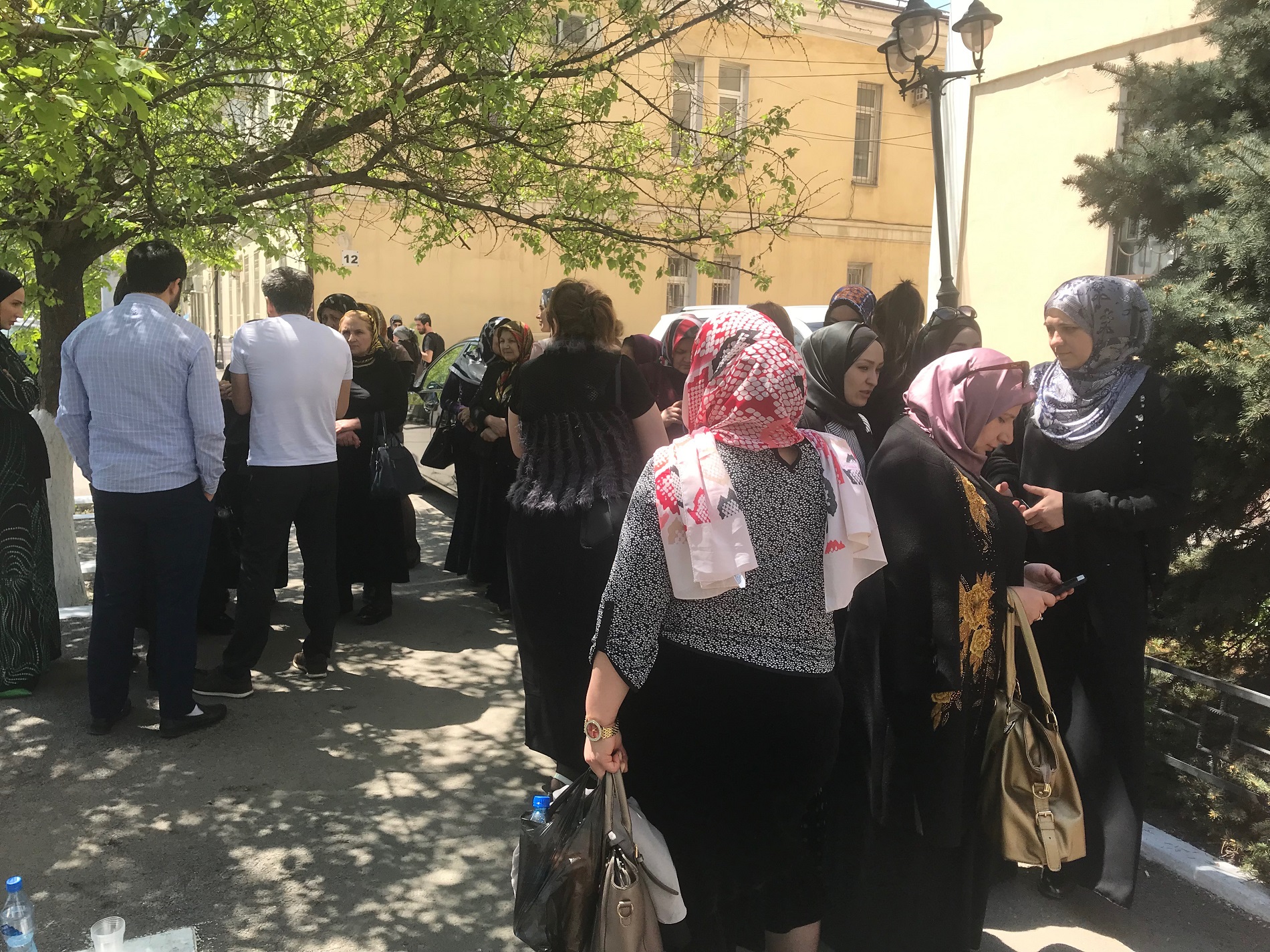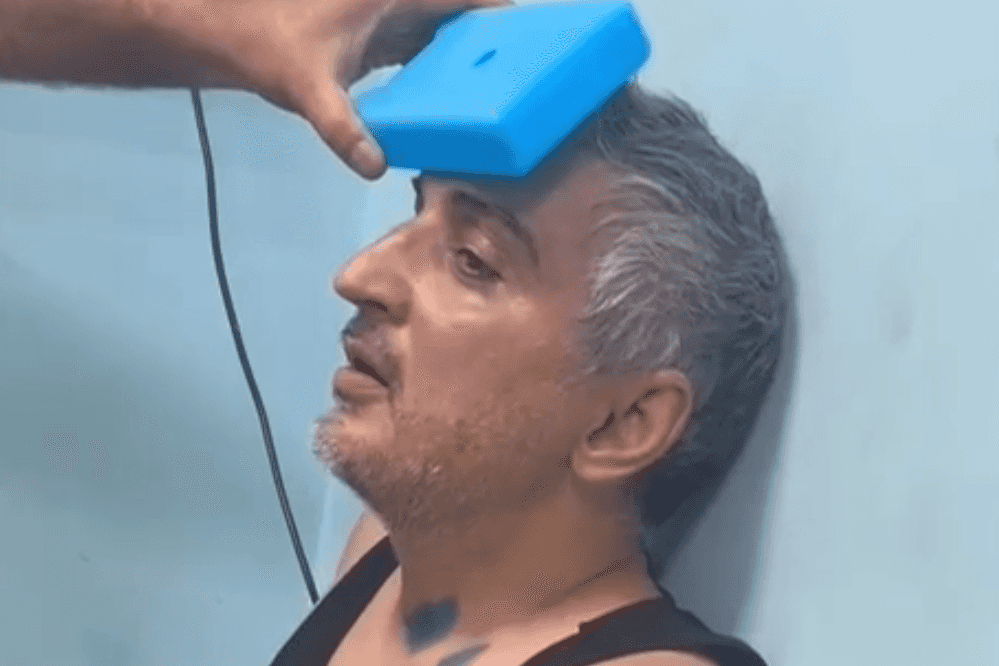

Around 200 nurses from the state central city hospital in Buynaksk, Daghestan, went on strike on 26 April, protesting against low wages.
Patimat Abdulayeva, a nurse at the hospital, told OC Media that medical staff gathered in the hospital’s courtyard and demanded an explanation from the head physician as to why their salary did not comply with a 2012 presidential decree.
The decree ‘on Measures for Implementing State Social Policy’ states that by the beginning of 2018, the salary of medical doctors should be twice the average salary of the region in which they work and the salaries of junior and mid-level staff, including nurses, should meet the regional average. In Daghestan, the average wage is currently ₽25,000 ($390) per month.
Physicians in Daghestan earn money in two ways: a salary, which should not be less than the minimum wage of ₽11,200 ($175), and incentives based on their performance at work, including the number and types of treatments they carry out.
‘Nurses should receive more than ₽20,000 ($310), and our salaries for the last year have been ₽6,000 ($95), ₽8,000 ($125), ₽12,000 ($185). At the same time, in 2018, the Russian Government set a minimum wage, which cannot be lower than ₽11,200. Our incentives are constantly underpaid’, Abdulayeva said.
According to her, the hospital’s accounting department has blamed the problem on insurance companies underfunding the hospital.
The hospital’s head physician, Gadzhimurad Labazanov, told OC Media that salaries decreased in 2019 due to funding cuts, as the medical staff did not work as much as was planned by the Daghestani Ministry of Health.
According to Labazanov, the Ministry of Health and the Compulsory Medical Insurance Fund of Daghestan annually plans the number of procedures that each medical institution should provide to patients.
According to him, in January, the hospital received only ₽39 million ($600,000), ₽10 million ($150,000) short of what they were due. He said in March, they received ₽3.5 million ($54,000) less than the full amount, with the shortfall withdrawn from their account without warning due to fines incurred in October–December 2018.
He said that insurance companies did not explain why the hospital was fined.
‘The accountants [of the hospital] were in a meeting with representatives of the Daghestani Fund of Compulsory Medical Insurance, and there they promised to pay the missing money with an advance payment in April. Then we can pay the added incentives’, Labazanov said.
According to him, in order to get the unpaid funds it will be necessary to sue the insurance companies. But he said if this happens, the state insurance fund and insurance companies will likely arrange inspections of the hospital as a pretext to level even larger fines against them.
The Ministry of Health of Daghestan told OC Media that they had met with the healthcare workers and reviewed their salaries. The ministry said that the delay in payment of incentives was associated with changes in the rules for financing healthcare institutions by insurance companies.
‘Since 2019, in order to optimise the work of medical organisations, a plan has been strictly regulated for medical assistance — both regarding in-patient treatment and medical examination of the population. Failure to comply with the established task for each type of medical care leads to reduced funding. In view of the current situation, a comprehensive inspection of the hospital will be carried out’, the Ministry said.
‘Not just to cure, but to earn money’
Medical staff at the Kulinskiy District Hospital in Daghestan have reported facing a similar problem. The staff’s salary was delayed for several months before it became an administrative matter for the head physician of the hospital.
The Daghestani Prosecutor’s Office revealed unpaid salaries by the hospital for 202 employees amounting to ₽8.5 million ($130,000).
Suleyman Suleymanov, the head physician of the Kulinskiy Hospital, told OC Media that this situation occurred due to the under-financing by insurance companies, and that this had been happening since last year.
According to him, it is not always possible for rural hospitals to provide modern, high-quality and expensive services, leading to lower incentives payments to staff.
‘If a patient has a complex disease, then he is sent to city medical institutions’, Suleymanov said, meaning that doctors in rural hospitals struggled to earn a living.
Suleymanov said that in 2018, the Compulsory Medical Insurance Fund of Daghestan determined that the hospital would receive ₽88.9 million, but paid only ₽77.8 million ($1.2 million).
This year, according to him, the fund plans to provide ₽92 million ($1.4 million). He added that despite the Daghestani state insurance fund not increasing funding by much, the hospital must still increase the salaries of mdical staff in line with the minimum wage.







